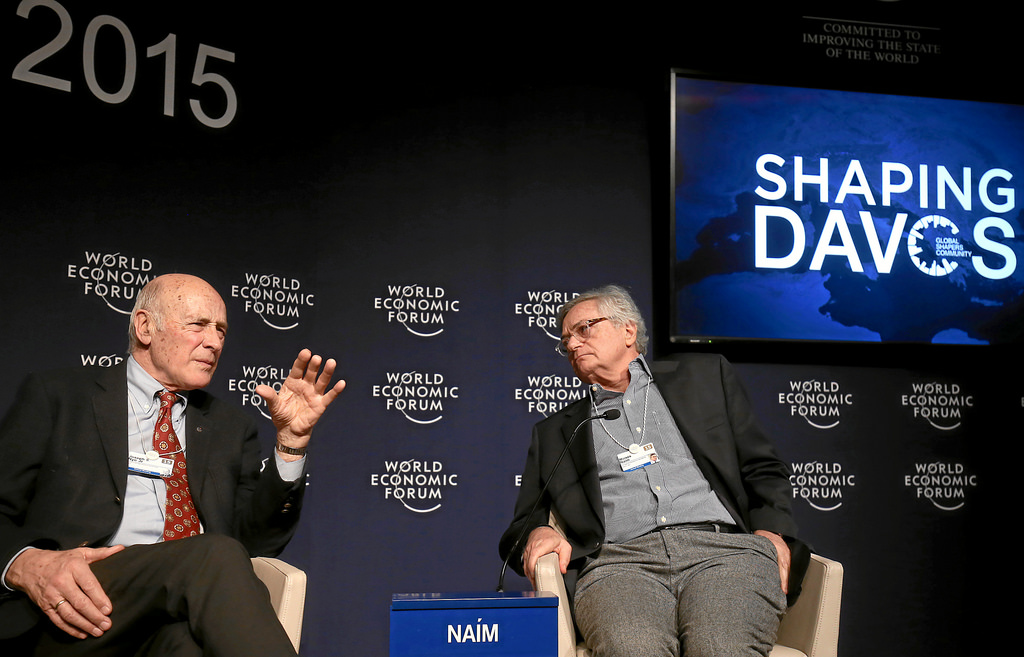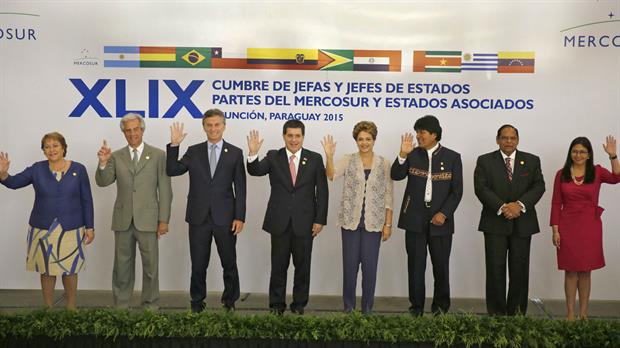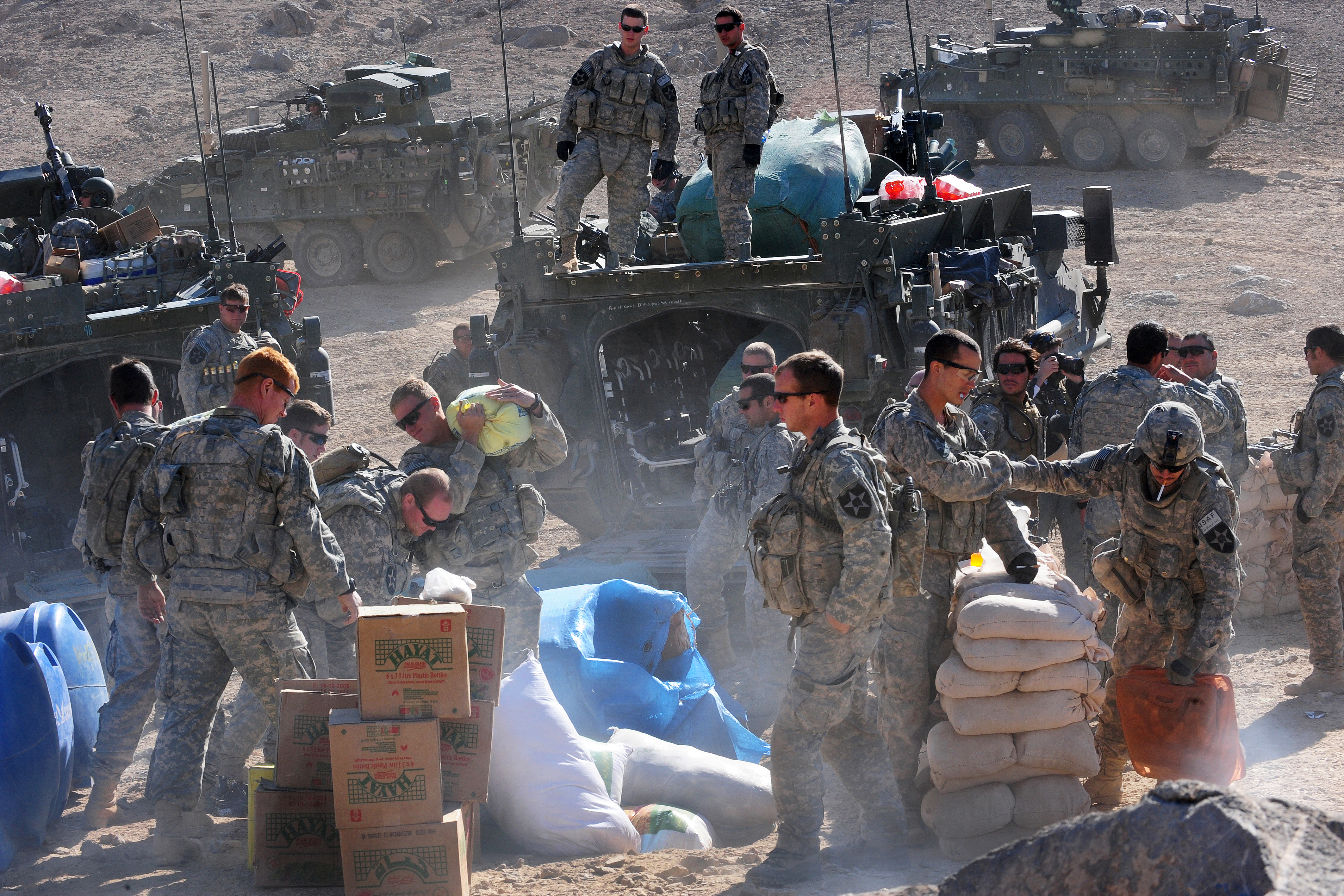Current trends of globalization - particularly in developing regions such as Lat Am - are provoking renown economists as Joseph Stiglitz to question whether our so-called “knowledge/information based economy” is generating “powerful spillover effects”.
But what about “spill over” beyond the economic dimension?
Spill Over Beyond Economics

In his Foreign Policy article, “The Five Wars of Globalization”, Venezuelan intellectual Moises Naim categorizes intellectual property violations as a principle issue. Photo (c) World Economic Forum 2013
The rapid increase of information availability is a potent driving force of globalization. By no means is it exclusive to economics.
Another area is technology.
According to American geopolitical academic Joseph Nye in his book The Paradox of America Power, “the current information revolution is based on rapid technological advances in computer, communications and software that in turn have led to dramatic decreases in the cost of processing and transmitting information” (Nye; 286).
Through a liberalist lens, such realities constitute a progressive path the further interdependence. For example, more information can be exchanged across the planet, further enhancing collective human developmental capacity and potential.
However, realist thinking reminds us to question this apparent win-win situation.
In his Foreign Policy article, “The Five Wars of Globalization”, Venezuelan intellectual Moises Naim categorizes intellectual property violations as a principle issue. Upon recognizing that governments and IGOs (specifically the WTO’s TRIPS) have committed much efforts to protecting intellectual property rights even when under high public exposure, he argues that governments are “far from winning this fight” (Naim, 536).
Implications of the Information Revolution in Politics and Society

In MERCOSUR - a southern cone South American trade bloc - when a majority of countries refused to recognize Paraguay’s new 2011 government, land-locked Paraguay was banned from the entity and replaced with oil-rich and politically substantial Venezuela. Photo (c) La Nacion Argentina 2015
Nye is correct to assert that “an information revolution is currently transforming world politics” (Nye, 286). One example is political polarities.
The ease of which raw footage and propaganda spread across North Africa and the Middle East during the 2009 Iranian Presidential elections and the Arab Spring are key instances demonstrating that while governments may have influence on media and whether the populous can access that media at all (censorship), it is difficult to regulate what media the people publish themselves.
Another example is the increasing number of economic blocs and organizations. Notably, many of these regional entities are highly politicized and stressed between realism and liberalism.
The World Bank was established post-WWII to uphold American postwar economic prosperity and that of its allies, later expanding to allegedly aiding the southern hemisphere’s development. This interdependence, multi-lateral, open concept bares liberalist tones. Yet critics argue that realism underlies, emphasizing that like the IMF, the World Bank is dominated by EDCs and that the it upholds a wealth-based voting formula, therefore politically unequalizing representation.
Regarding regional blocs, while the ease of which information can be exchanged (i.e.: via trade) is - in theory - increased, the resulting interconnectivity can also damage - or at least strongly influence - political institutions.
In MERCOSUR - a southern cone South American trade bloc - when a majority of countries refused to recognize Paraguay’s new 2011 government, land-locked Paraguay was banned from the entity and replaced with oil-rich and politically substantial Venezuela.
In the G8, when the majority of countries there refused to support Russia’s stance on a number of issues, Russia was banned.
What Does This Driver for Globalization Mean for Power Relations Between States, State Sovereignty, and the Role of the State and Non-State Actors?

Globalization means that states not only can aid one another through quicker, more effective means (i.e.: IGO and NGO foreign aid and the improvement of rapid transportation) but also know about each through means and to profundities formerly unable to be penetrated. Photo (c) Wikimedia 2016
The boundaries delineating what be international and national are becoming increasingly complex.
Globalization means that states not only can aid one another through quicker, more effective means (i.e.: IGO and NGO foreign aid and the improvement of rapid transportation) but also know about each through means and to profundities formerly unable to be penetrated.
This scenario is exemplified from espionage (governmental drone technology and major hacking facilities) to digital leaking of classified material (non-state actors as Wikileaks, Snowden, Manning, etc…), and nearly eternally, inescapably indebting LDCs unable to pay back loans (IGOs and questionably sovereign states).
Knowledge Really is Power

Bilateral and multi-lateral relations, sovereignty and non-state actors are becoming increasingly intertwined by an interconnectivity many liberalists advocate. Photo (c) Business Insider 2015
Stiglitz’s “power spill-over effect” certainly supersedes the economic spectrum as Francis Bacon’s over-exploited quote “knowledge is power” becomes more tangible.
Bilateral and multi-lateral relations, sovereignty and non-state actors are becoming increasingly intertwined by an interconnectivity many liberalists advocate.
And yet when analyzing the underlying power-play, “no friends, just alliances” realist scent in many of these actions, an additional question is provoked - do current affairs represent this fabled “spill-over”, or an enlargement of the capacity in which those with power and those many new non-state actors are further accumulating power within globalization and development contexts?
Only time can tell.

